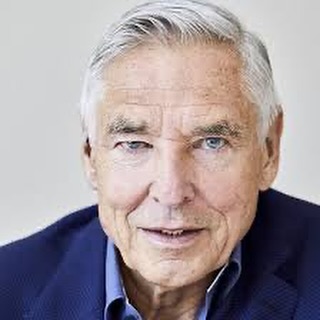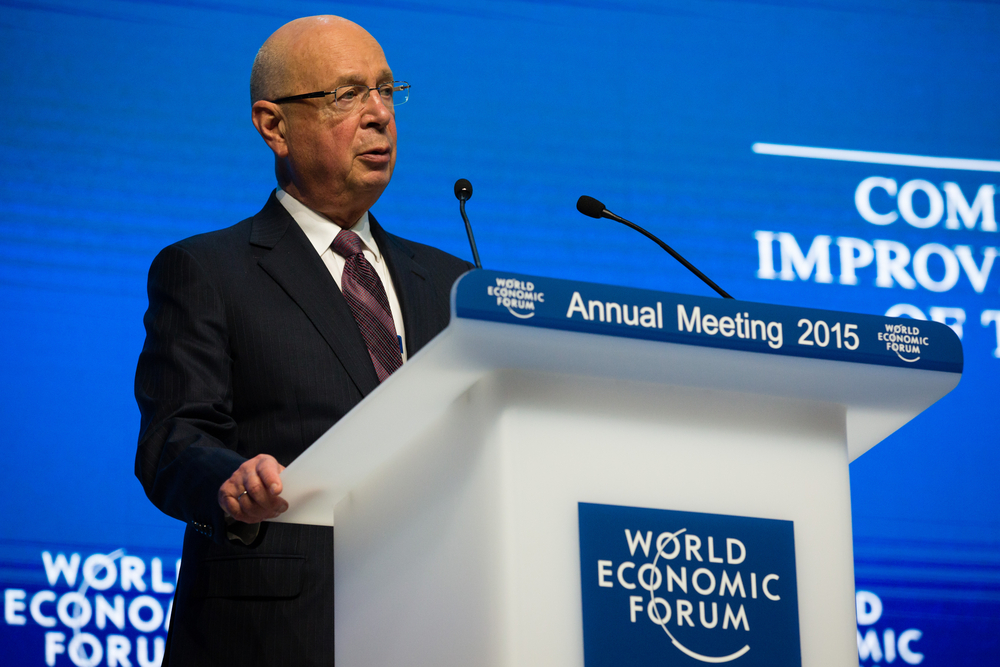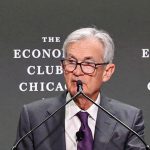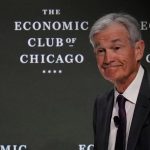Klaus Schwab Steps Down from the WEF After Over 50 Years
Klaus Schwab, the 87-year-old founder of the World Economic Forum (WEF), has officially stepped down as Chair and Board Trustee, ending more than five decades of leadership. Schwab, who established the WEF in 1971, transformed the annual Davos meeting into a high-profile event symbolizing globalization. He chose to step down immediately as he turns 88.
The WEF board accepted his resignation during an extraordinary meeting on April 20, naming Vice Chairman Peter Brabeck-Letmathe as interim chair while a successor is sought.
Who Is the New Leader of the WEF?
We know from PeopleMatters that Peter Brabeck-Letmathe, former Nestlé CEO and long-time WEF board member, has been appointed interim chairman. The WEF board is actively searching for a permanent successor.
Speculation surrounds potential candidates, with former British Prime Minister Tony Blair mentioned as a possible successor.

Peter brabeck-letmathe
Who Finances the WEF?
The WEF operates as a Swiss nonprofit foundation, primarily funded by its 1,000 member multinational companies. These enterprises, typically global leaders in their industries, pay annual membership fees that vary based on their level of engagement. In 2011, fees ranged from $52,000 for individual members to over $500,000 for "Strategic Partners."
In the fiscal year ending June 2024, the WEF generated nearly 440 million Swiss francs in revenue as reported by Investopedia.
Related: Peter Brabeck-Letmathe: From Ice Cream Salesman to Global Business Leader
Why Did Klaus Schwab Resign?
Schwab's resignation comes amid a period of transformation for the WEF. He expressed a desire to step back as he enters his 88th year, allowing new leadership to guide the organization through evolving global challenges. Additionally, the WEF has faced increasing criticism for being elitist and disconnected from ordinary people, prompting internal reflections on its direction and purpose according to Reuters.

Klaus Schwab
Conclusion
Klaus Schwab's departure marks a significant transition for the World Economic Forum. As the organization seeks new leadership, it faces the challenge of maintaining its influence and relevance in a rapidly changing global landscape. The selection of a successor will be crucial in determining the WEF's future direction and its role in addressing global issues.








